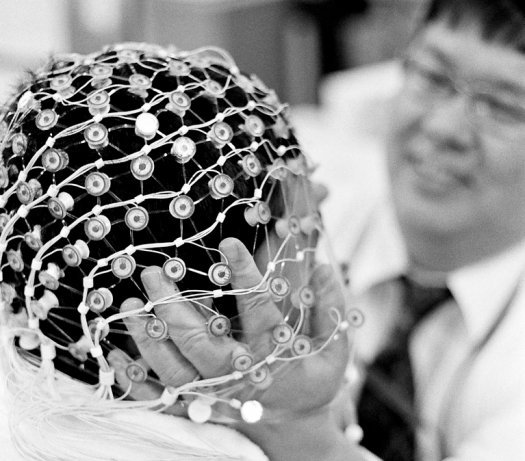When you have time, you want money. When you have money, you want time.
Life extension–immortality, even–is pursued by deep-pocketed technologists who are bad at saying goodbye. They believe the answers are a lot closer than they likely are. Of course, the defeat of death would pose myriad philosophical and ethical questions. From “The Eternal Problem Silicon Valley Can’t Solve,” Elizabeth Segran’s Fast Company feature about Dave Asprey and others trying to engineer an endless summer:
“Over the last 15 years, Asprey has been tinkering with technologies in the hopes of slowing the aging process in his own body. He describes this as bio-hacking, using the hacker mentality to turbocharge his own biochemistry. And to hear Asprey tell it, that’s working: With a couple of scientific hacks, he’s lost hundreds of pounds, increased his IQ, and improved the quality of his sleep. All these things, he says, are also prolonging his life-span. He’s now sharing these techniques with others through Bulletproof Executive, the company he founded that creates coffee and other products to spike bodily performance, and as the chairman of the board of the Silicon Valley Health Institute, a group that meets monthly to discuss the latest developments in the study of longevity.
Asprey’s office, located just down the street from Google’s campus, is a microcosm of a growing Silicon Valley trend. Asprey is trying to stop individual bodies from aging–starting with his own–and investment is pouring into a growing number of companies whose stated goal is to increase human longevity and, in some cases, even cure death. Asprey freely admits that these are grandiose, quixotic endeavors. But in a place where geeks have changed the world with previously unthinkable breakthroughs in science, nothing seems impossible. ‘When you’re young and you’ve just created something amazing that makes you a ton of a money, you do egotistical things,’ Asprey says. ‘And I’m not saying that’s a bad thing: I want to swing for the fences. What is all of this cool technology we’re creating compared to getting an extra hundred years of life?'”


